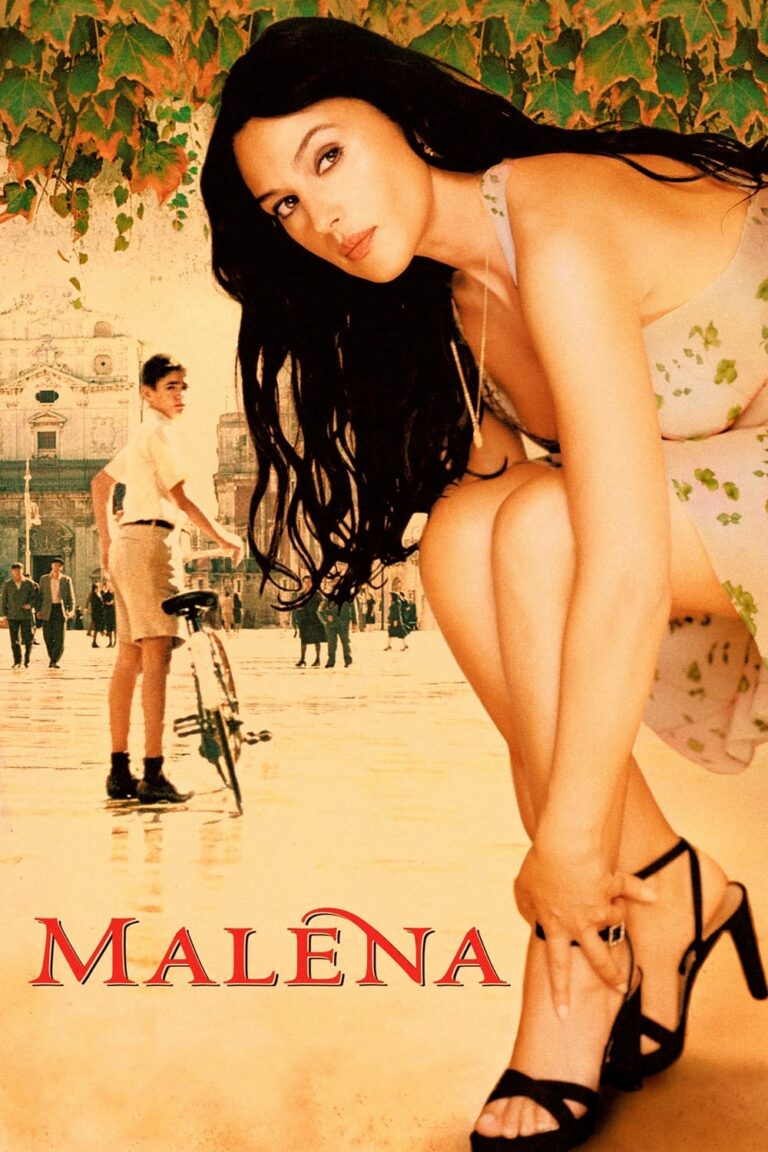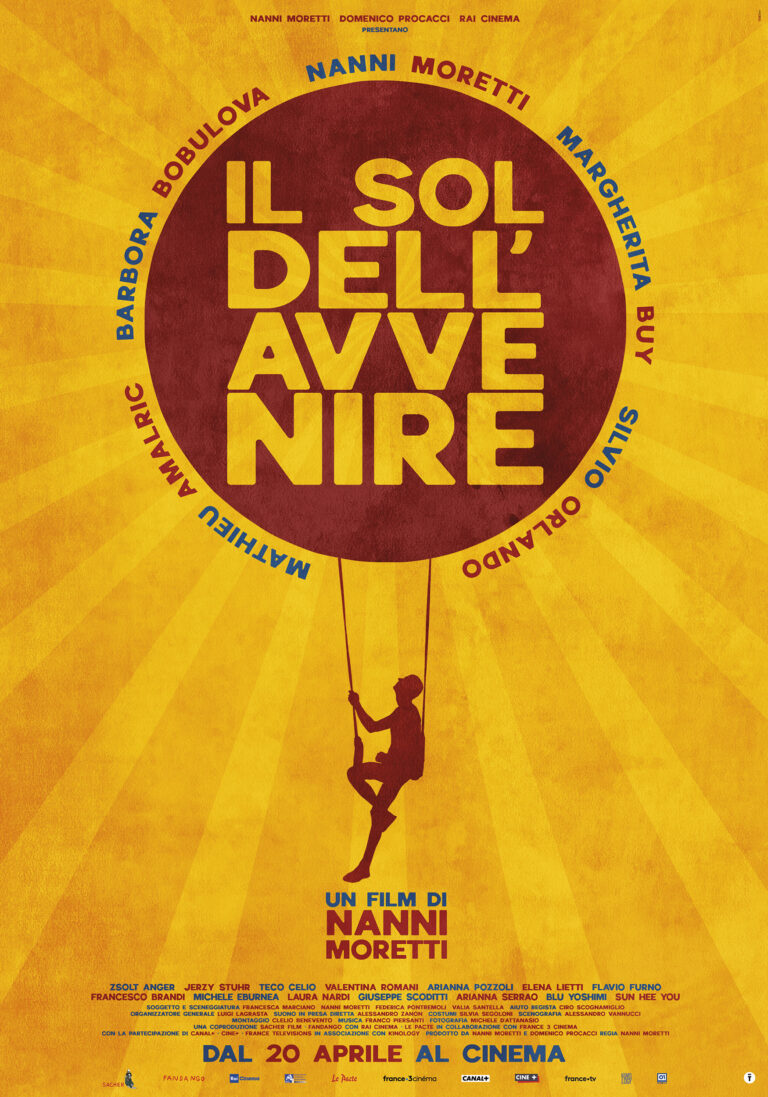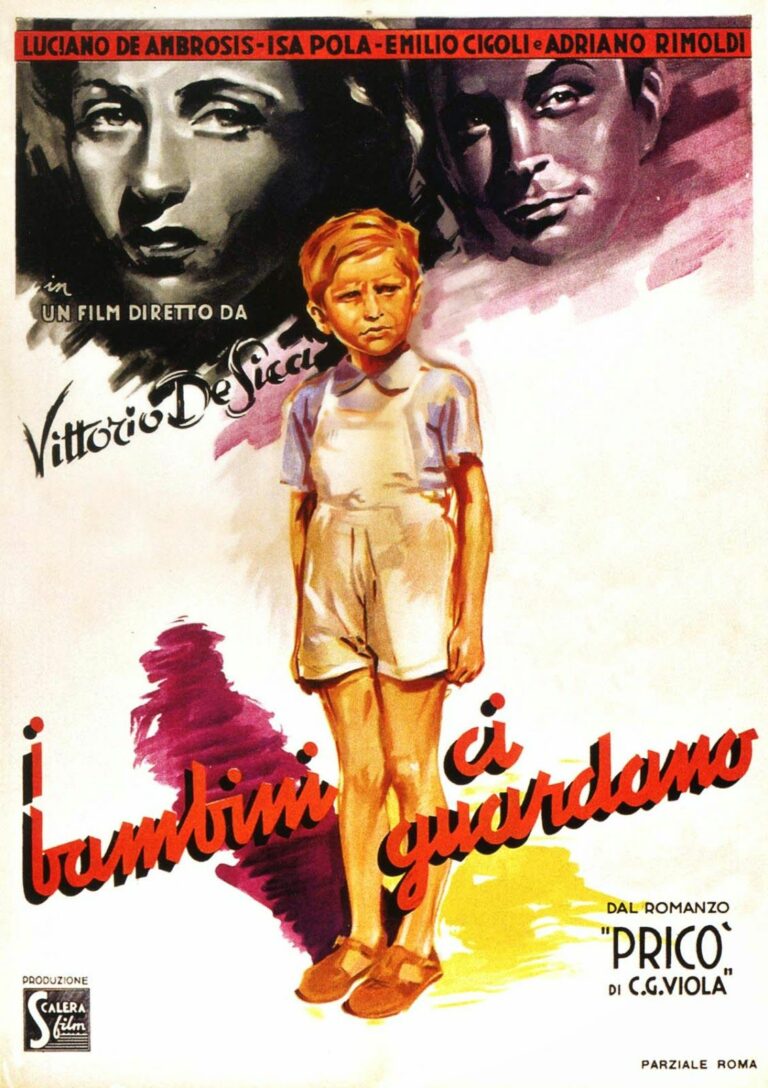
Giacomo Puccini’s Madama Butterfly is one of the most beloved operas in the world, renowned for its exquisite melodies and heartbreaking narrative. In the 1974 Deutsche Grammophon recording conducted by Herbert von Karajan, the opera reached new artistic heights, thanks to an all-star cast that included Mirella Freni as Cio-Cio-San, Plácido Domingo as Pinkerton, and Christa Ludwig as Suzuki. This iconic interpretation combines Puccini’s lush orchestrations with extraordinary vocal performances, cementing its place as one of the definitive recordings of Madama Butterfly.
Introduction
Madama Butterfly is a poignant tragedy about love, sacrifice, and cultural collision. With Puccini’s deeply emotional score and a libretto by Giuseppe Giacosa and Luigi Illica, the opera tells the story of a young Japanese geisha’s ill-fated romance with an American naval officer. In the 1974 recording conducted by Herbert von Karajan, Puccini’s masterpiece is brought to life with unparalleled depth and beauty. Mirella Freni’s portrayal of Cio-Cio-San, Plácido Domingo’s dashing Pinkerton, and Christa Ludwig’s compassionate Suzuki create a performance that resonates with both emotional intensity and vocal brilliance.
Synopsis of Madama Butterfly
Act I: A New Beginning
The opera begins in Nagasaki, where U.S. Navy Lieutenant B.F. Pinkerton leases a house for himself and his soon-to-be bride, Cio-Cio-San (Butterfly). Pinkerton views the marriage as a temporary arrangement, but Butterfly, deeply in love, sees it as a sacred union. The act ends with their passionate duet, “Vogliatemi bene,” a moment of hope and promise.
Act II: Waiting in Vain
Three years later, Butterfly remains steadfastly loyal, believing that Pinkerton will return to her. Her tender aria “Un bel dì vedremo” captures her unwavering faith. However, Pinkerton has married an American woman, leaving Butterfly heartbroken when she learns the truth.
Act III: The Tragic End
In the final act, Pinkerton returns to Nagasaki, not to reunite with Butterfly but to take their son back to America. Devastated by this betrayal, Butterfly bids a final farewell to her child before taking her own life, choosing death over dishonor.
The Cast and Their Performances
Mirella Freni as Cio-Cio-San
Mirella Freni delivers a definitive portrayal of Butterfly, embodying both the character’s innocence and emotional strength. Her performance of “Un bel dì vedremo” is hauntingly beautiful, capturing Butterfly’s unwavering hope and vulnerability. Freni’s nuanced interpretation and vocal purity make her performance unforgettable.
Plácido Domingo as Pinkerton
Plácido Domingo’s Pinkerton is both charismatic and morally conflicted. His rich tenor voice lends depth to Pinkerton’s duality—his romantic allure and his ultimate cowardice. Domingo’s delivery of “Addio, fiorito asil” in the final act conveys profound remorse, adding complexity to a character often viewed as unsympathetic.
Christa Ludwig as Suzuki
Christa Ludwig shines as Suzuki, Butterfly’s loyal companion. Her warm mezzo-soprano voice complements Freni’s lighter timbre, creating a touching dynamic between the two characters. Suzuki’s emotional support for Butterfly adds an essential layer of humanity to the opera’s tragic core.
Herbert von Karajan’s Leadership
Herbert von Karajan’s conducting elevates this production to extraordinary heights. Known for his meticulous attention to detail and lush orchestral textures, Karajan brings out the full emotional range of Puccini’s score. His pacing balances the opera’s moments of intimacy and drama, ensuring that every note resonates with the audience. Karajan’s interpretation emphasizes the lyricism and pathos of Madama Butterfly, making this recording a benchmark in operatic history.
Musical Highlights
- “Un bel dì vedremo”
Butterfly’s aria is one of opera’s most iconic moments, expressing hope and longing with heartbreaking sincerity. Freni’s rendition is a masterclass in emotional expression. - “Vogliatemi bene”
The Act I love duet between Butterfly and Pinkerton is a stunning showcase of Puccini’s ability to convey passion and intimacy through melody. - “Addio, fiorito asil”
Pinkerton’s Act III aria is a poignant moment of regret, with Domingo delivering it with heartfelt sorrow. - Orchestral Interludes
Karajan’s interpretation of the orchestral passages, particularly the prelude to Act III, highlights Puccini’s genius for creating atmosphere and emotional depth.
Themes in Madama Butterfly
1. Love and Betrayal
The opera explores the fragility of love when it is built on unequal power dynamics and cultural misunderstandings.
2. Cultural Conflict
The relationship between Butterfly and Pinkerton reflects the broader tensions between Eastern and Western values, emphasizing themes of imperialism and cultural exploitation.
3. Sacrifice and Honor
Butterfly’s ultimate decision underscores her unwavering commitment to her ideals, even at the cost of her life.
Visual and Staging Elements
While the 1974 recording is an audio masterpiece, Karajan’s involvement in staged productions of Madama Butterfly often emphasized minimalism and emotional focus. Traditional Japanese elements, such as Butterfly’s kimono and the set design, enhance the cultural authenticity and visual beauty of the opera.
Reception and Legacy
The 1974 recording of Madama Butterfly received widespread critical acclaim and remains a favorite among opera enthusiasts. Critics praised Karajan’s sensitive conducting and the stellar performances of Freni, Domingo, and Ludwig. The recording has become a cornerstone for those exploring Puccini’s work and is often cited as one of the finest interpretations of the opera.
FAQs
- Why is the 1974 recording of Madama Butterfly so celebrated?
Its combination of stellar vocal performances, Karajan’s conducting, and Puccini’s timeless score make it a benchmark recording. - What makes Mirella Freni’s performance special?
Freni’s voice captures both the innocence and strength of Butterfly, delivering a deeply emotional and technically flawless performance. - Is this recording suitable for first-time listeners?
Absolutely. This version’s accessibility and emotional depth make it an excellent introduction to Madama Butterfly. - How does Karajan’s conducting stand out?
Karajan’s interpretation emphasizes lush orchestral textures and emotional nuance, enhancing the drama of Puccini’s score. - Where can I listen to this recording?
The 1974 recording is widely available on streaming platforms and physical media from Deutsche Grammophon.
Conclusion
The 1974 recording of Puccini’s Madama Butterfly, conducted by Herbert von Karajan and featuring Mirella Freni, Plácido Domingo, and Christa Ludwig, is a timeless masterpiece that continues to captivate audiences. Its unparalleled combination of vocal artistry, orchestral brilliance, and emotional depth ensures its place as one of the definitive interpretations of Puccini’s beloved opera. Whether you are a lifelong opera enthusiast or a newcomer, this recording offers an unforgettable journey into the heart of Madama Butterfly.






